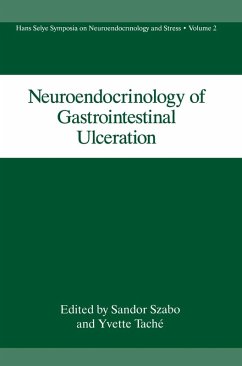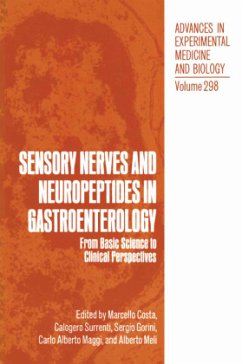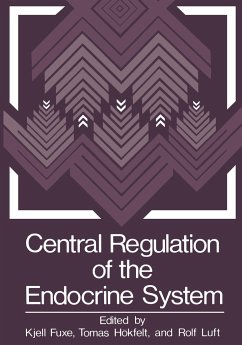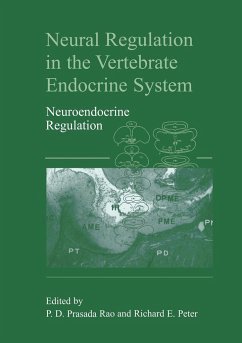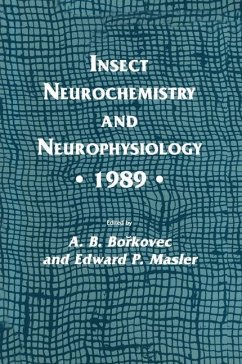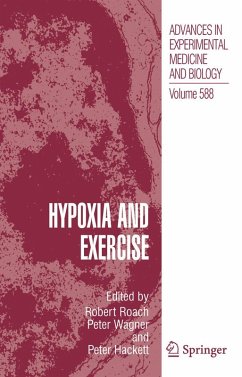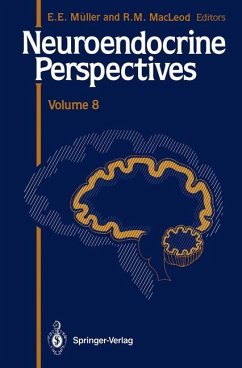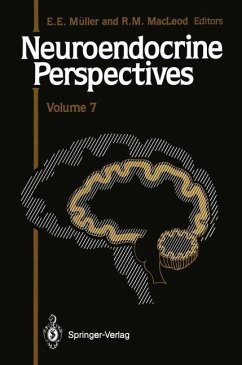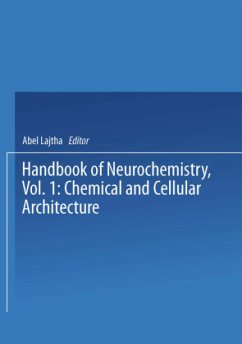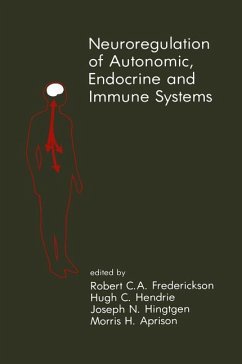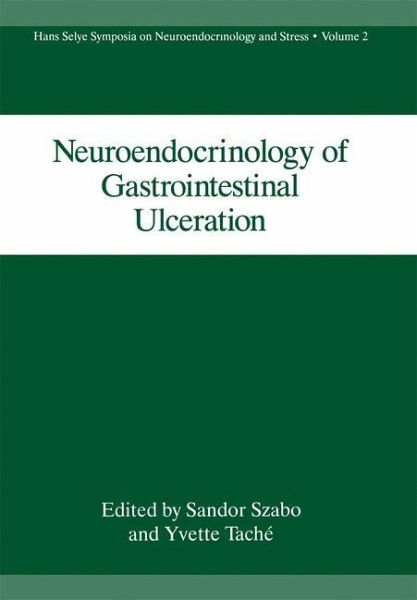
Neuroendocrinology of Gastrointestinal Ulceration

PAYBACK Punkte
20 °P sammeln!
Selye pioneered the concept of biologic stress and contributed to the exploration of this field for over 40 years. He established the Hans Selye Foundation in 1980 to promote research and education on stress. In the spirit of the Foundation, Dr. Marc Cantin, late president, and Drs. Sandor Szabo and Yvette Tache, vice presidents, have established the Hans Selye Symposia on Neuroendocrinology stress conference and book series. So far three symposia have been held in Montreal where Selye started to work in the 1930's. These symposia bring together laboratory and clinical investigators engaged in...
Selye pioneered the concept of biologic stress and contributed to the exploration of this field for over 40 years. He established the Hans Selye Foundation in 1980 to promote research and education on stress. In the spirit of the Foundation, Dr. Marc Cantin, late president, and Drs. Sandor Szabo and Yvette Tache, vice presidents, have established the Hans Selye Symposia on Neuroendocrinology stress conference and book series. So far three symposia have been held in Montreal where Selye started to work in the 1930's. These symposia bring together laboratory and clinical investigators engaged in the study of the neuroendocrinology, pathophysiology of stress, and related fields. The first Hans Selye Symposium, held in 1986, was devoted to "Neuropeptides and Stress" and the proceedings were published by Springer Verlag. In 1992, in commemoration of the tenth anniversary of Selye's passing in October 1982, another Hans Selye Symposium was organized and was entitled "Corticotropin-Releasing Factor and Cytokines: Role in the Stress Response". The proceedings recently appeared in 1993 as volume 697 of the New York Academy of Sciences. A substantial part of the present volume originates from the Hans Selye Symposium and devoted to the "Neuroendocrinology of Gastrointestinal Ulceration".



